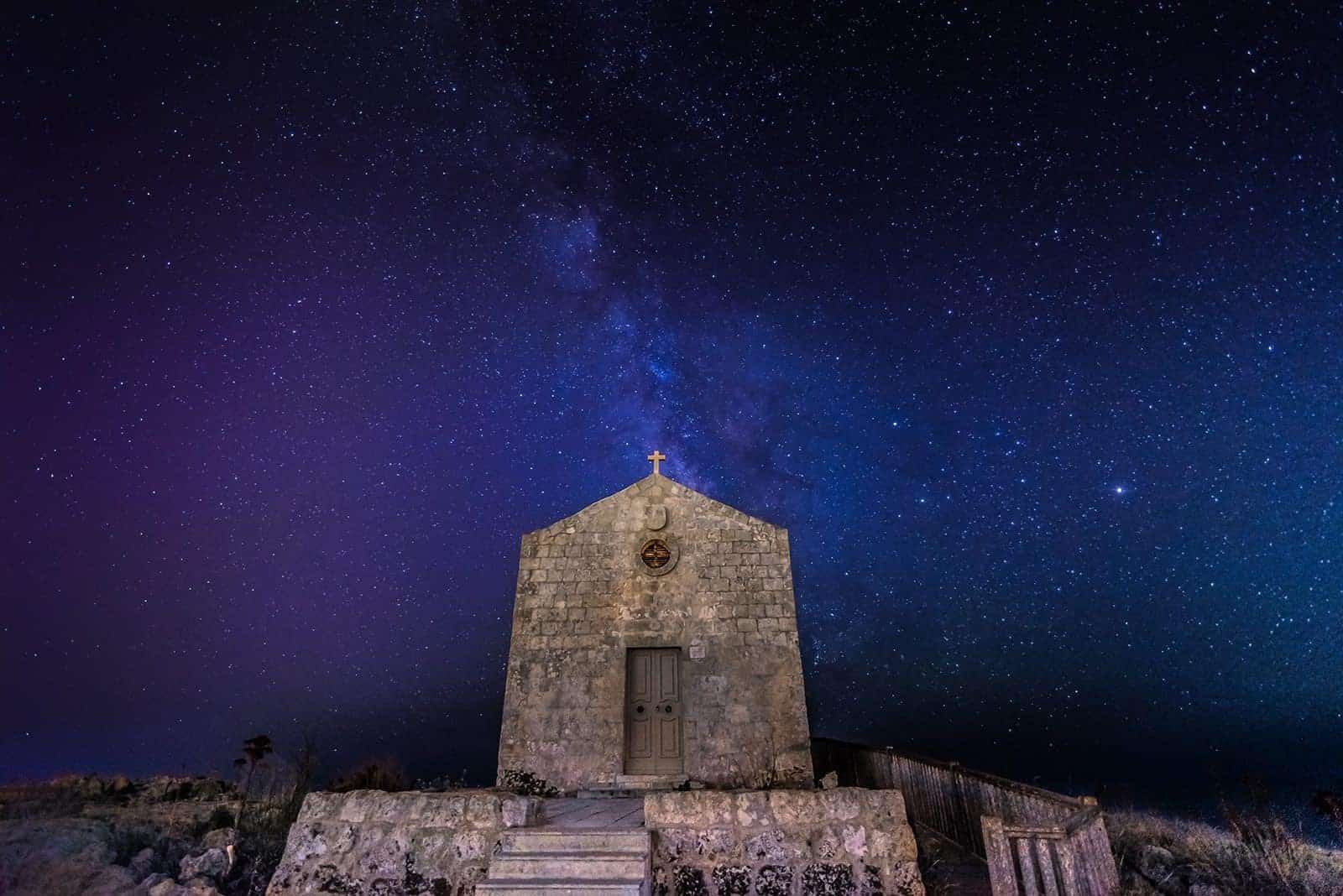As I’m sitting here, the thought strikes me, “My, Pete, you do write a lot about the Bible. Aren’t you tired? Don’t you want to move on? Maybe make some money, finally?”
Yes, sometimes, to all those.
But what motivates me to do what I do is a spiritual/intellectual quest to answer (or at least have an answer I am willing to sit with for the time being) the questions: “What is the Bible and what does it mean to read it well?” And with that quest, in my course of study, I find myself very much in the stream of the history of both Jewish and Christian interpreters.
This quest is fueled, at least in part, by a drive to address my own spiritual struggles, which have in no small measure been aided and abetted by the imposition of unrealistic and intellectually unappealing answers to the above questions. Such is the life of a “Bible-centered” Protestant, my “thorn in the flesh,” as Paul might put it.
My own need to verbalize this process of mine (personality-wise, I don’t feel like I have a choice in the matter) has, over the years, exposed me to some criticism, which I am fine with as long as my critics don’t sign my paycheck. Been there, done that.
Far, far, far more frequently, however, I have had interactions with all sorts of people—academics, students, and mostly “normal people” who keep it real —who have the very same questions as I, are as worn out as I am by scripted answers, and whose spiritual lives are fully caught up in the midst of it all.
So, I keep writing about the Bible, which brings me to my point for today.
The Bible does not function as a “final reference point” to produce in us theological certitude—by which I mean an impenetrable theological wall, a permanent intellectual foundation, a sense of intellectual finality.
By “theological certitude” I do not mean that sense of whole-being confidence we pilgrims of faith, by the grace of God, experience from time to time (and some more than others). I am focusing simply on the Bible: what it is, how it works, and what we are to get from it.
And this Bible does not work well at all as a source of answers designed to essentially remove intellectual ambiguity from the life of faith, which is more or less how I and others were taught (directly and indirectly) to think of it.
I see two general reasons for why the Bible does not provide unambiguous theological certitude:
- The ancient contextual nature of the Bible requires us to transpose its message into our own context. This act of transposition is a necessarily creative and flexible interpretive act, resulting in varied appropriations of the Bible (as can be seen throughout history and across the world today).
- The diverse, dialogical, even contradictory nature of the Bible resists the legalistic notion of “biblical authority” that is taught, caught, and enforced in many Christian communities.
Acknowledging these phenomena does not mean the Bible is therefore “wrong” or “less than” or “worthless.” Not at all. In fact, I think it is far more than the limitations sometimes placed upon it. But connecting these two “properties” of scripture to any active life of Christian faith in order to see the “far more” takes work.
It’s never a matter of simply “reading” the Bible but of interpreting it—meaning, of forging that connection between a distant past and our present moment, which is the hard task and deep privilege of theology and hermeneutics.
A simplistic view of what the Bible is and what it means to read it well keeps us at a safe distance from such a process. This distance is spiritually damaging in the long run because it robs us of the risky and even painful process of learning to trust God rather than our exegesis.
Personally, I see the Bible functioning more as a “means of grace” than as a “final reference point to produce theological certitude.” Through reading it, absorbing it, worshiping by it—in community—we are being tutored in the experience of God, who, at the end of the day, is not wholly perceived in even a sacred text.
And to put it that way is not to denigrate scripture, but to follow precisely what it models for us—a diverse spiritual narrative of struggle and triumph through which people meet and experience God.
I believe that this experience of God is hindered if we place expectations on the Bible that, at least it seems to me, it was never intended to bear.

